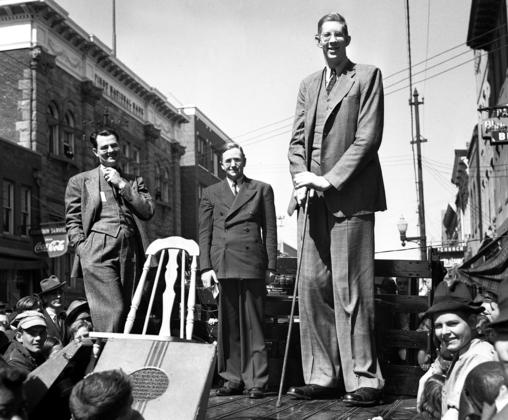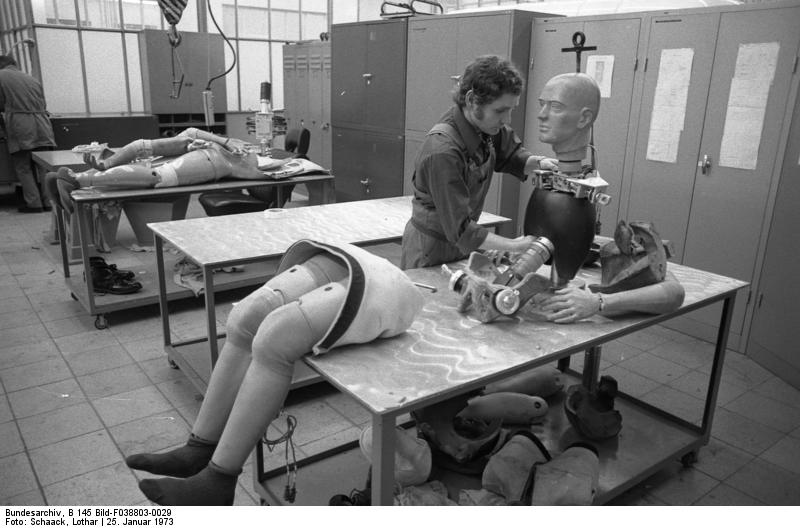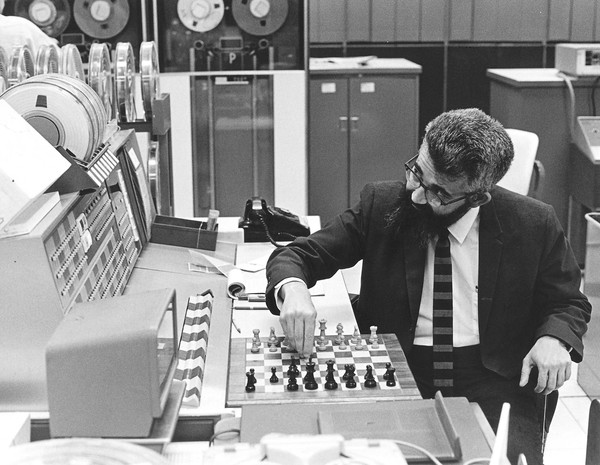
At the nine-minute mark of this 1967 episode of To Tell the Truth, a tale is told of Bronx children’s court probation officer John Carro, who tried desperately if unsuccessfully to aid a deeply troubled 12-year-old boy who would grow to be a Presidential assassin. It’s wasn’t in the best taste to have turned the JFK tragedy into game-show entertainment a mere four years on, but it is fascinating. Carro subsequently became the first Puerto Rican person to be named to the New York State Supreme Court and served there for 25 years. He’s now an accident lawyer.
From Carro’s 1964 testimony before the House Select Committee on Assassinations:
“Wesley J. Liebeler:
What else can you remember of your contacts with Lee Oswald?
John Carro:
Let me tell you my recollection of the Oswald case. As you can imagine, from 13 years ago, this was an odd thing, because I did not realize that Oswald was the person that had killed Kennedy the first couple of days. It was only almost – I believe it was after the burial or just about that time, while I was watching the papers, on the day that he actually was killed by Ruby, that I saw some pictures of the mother, and I started reading about the New York situation, that it suddenly tied in, because, you know, something happening in Texas, 1,500 miles, is something you hardly associate with a youngster that you had 10 years prior or 12 years prior.
A friend of mine called me up, a social worker, to tell me, ‘Carro, you know who that case is?’
And he said, ‘That was the case you handled. Don’t you remember?’
And then we started discussing the case, and I remembered then, and what happened then is I felt, you know, it was a kind of a numb feeling, because you know about it and could not know what to do with it. I was a probation officer and despite the fact that I was no longer one, I still felt that this was a kind of a ticklish situation, about something that I knew that no one else knew, and
I went upstairs and I told the press secretary to the mayor. I told him the information that had just been relayed to me that I had been Oswald’s P.O. and that I should tell the mayor about it, and the mayor had gone to Washington, so he told me, ‘Just sit tight and don’t say anything.’
The story didn’t break in the papers – this was on a Tuesday or Wednesday – until Saturday when someone found out, went to Judge Kelley, and then there were stories Friday, Saturday, and the Post reporter showed up to my house on a Sunday evening. I don’t know how he found out where I lived or anything else, but once he got there, I called city hail again, ‘Look, I got this reporter over here. What do I do with him?’
They said, ‘So apparently the story has broken. So talk to him.’ But the reporter it seemed, had more information than I had. He was actually clarifying my mind, because you can understand that you’re not going to quote, you know, paraphrase 13 years later what happened. I have worked with a great many children during that time, and I have done a great deal of work with youth. What did stand out, you know, that I really recall as a recollection of my own was this fact, that this was a small boy. Most of the boys that I had on probation were Puerto Rican or Negro, and they were New York type of youngsters who spoke in the same slang, who came from the Bronx whom I knew how to relate to because I knew the areas where they came from, and this boy was different only in two or three respects. One, that I was a Catholic probation officer and this boy was a Lutheran, which was strange to begin with, because you normally carry youth of your own background. And secondly that he did dress in a western style with the levis, and he spoke with this southwestern accent which made him different from the average boy that I had on probation.
And, as I said, my own reaction then was that he seemed like a likable boy who did not seem mentally retarded or anything. He seemed fairly bright, and once spoken to, asked anything, he replied. He was somewhat guarded, but he did reply, and my own reaction in speaking to him was one of concern, because he did not want to play with anybody, he did not care to go to school; he said he wasn’t really learning anything; he had brothers, but he didn’t miss them or anything. He seems to have liked his stay at Youth House, and this is not – how do you call it – not odd, because in Youth House they did show the movies and give candy bars and this and the other, and they were paid attention, and this is a boy who is virtually alone all day, and only in that respect did it mean anything to me.
As I told reporters at the time there was no indication that this boy had any Marxist leanings or that he had any tendencies at that age that I was able to view that would lead him into future difficulty.
Actually he came before the court with no prior record, with just the fact that he was not going to school, and the other thing that touched me was that the mother at that time seemed overprotective; she just seemed to think that there was nothing wrong with the boy, and that once we got him back to school, which I told him in no uncertain terms he would have to go back because he was just too young to decide he would not go to school any more, that all his problems were resolved. I think it may have been a threat to her to want to involve her in the treatment for the boy, because I did make a recommendation that he – It seemed to me that he needed help, that he needed to relate to some adult, that he needed to be brought out of this, kind of shell that he was retreating to, and not wanting friends, not wanting to go out, and not wanting to relate to anyone, and that I thought he had the capacity for doing this, and the psychiatric report sort of bore this out in perhaps much more medical terms, and they recommended that he either receive this kind of a support of therapeutic group work treatment at home, if it were possible, or if not, in an institution.
Now, the situation in this kind of case is that treatment has to involve the parent, you know, the whole family setup, not just the child, and I think this is where the mother sort of felt threatened herself. People do not always understand what group work and treatment and psychiatric treatment means. There are all kinds of connotations to it, and she resisted this.
We tried – or even before we came Into the case, before the case came to court, I think she had been referred to the Salvation Army, I believe it was and she had not responded. Actually, when the boy came back with all these reports to the court, he was not put on supervision per se to me. The matter was sort of up in the air where it would be brought back every month while we made referral to various agencies, to see if they would take him into Children’s Village or Harriman Farms, and whatever it was, and it was just looking around, shopping around for placement for him. And the mother, I think, felt threatened about that time, that the boy was back in school, we were looking to get him psychiatric treatment, and she came in and wanted to take the boy out of the State, and we told her she could not take him out without the court’s OK.
As a matter of fact, I recall the case was put on the calendar before Judge Sicher in November of that year, 1953, when she was told, yes, that it was necessary to have the boy remain here, and that that is when the judge ordered a referral to the psychiatric clinic of the court, and to the Big Brothers who subsequently accepted the boy for working with. With that the mother took off in January, without letting us know, and just never came back.”


























